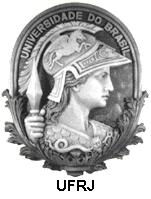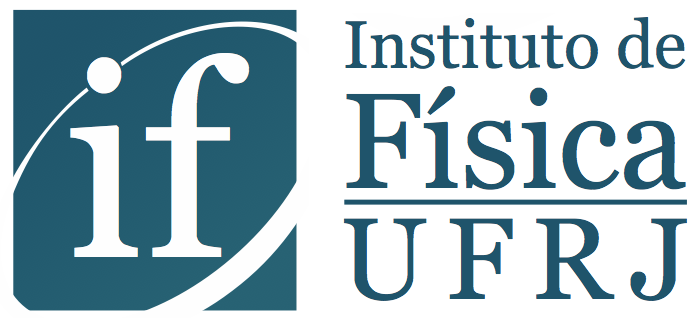- Professor:
- Raimundo Rocha dos Santos
- Sala A-432/12, Depto. de Física dos Sólidos
- rrds at if.ufrj.br
- http://sites.if.ufrj.br/rrds/en/
- Language:
If we have overseas students uncomfortable with Portuguese, lectures will be conducted in English. However, students are free to ask questions in either English, Portuguese, or Spanish during lectures. Questions posed in problem sets and exams will be in English; similarly, solutions in exams may be worked out in English, Portuguese, or Spanish.
- Class hours:
Mondays and Wednesdays, from 10:00 to 12:00, in room 337; extra classes (e.g. to keep up with the schedule) on Fridays from 10 to 12h.
- Office hours:
Every day, typically from 9 to 19h. However, you are strongly advised to check beforehand (either by e-mail or Whatsapp) whether or not I’ll be available at the desired time.
- Topics (not necessarily in this order):
Review of Quantum Mechanics fundamentals. Postulates. Hilbert spaces. States and probabilities. Canonical quantisation. Dirac formalism. Time evolution. Schrödinger, Heisenberg, and Interaction pictures. Symmetries and conservation laws. Basic notions of group theory. Tensor product states. Review of simple quantum systems: stationary states, dynamics of wave packets, harmonic oscillator. Coherent states. Introduction to path integral formulation. Density operator. Rotations, angular momentum, spin-1/2 particles, addition of angular momentum. Wigner-Eckart theorem. Entangled states and Bell inequalities. Approximation methods: perturbation theory for stationary states and discrete spectra. Semi-classic al methods. Central potentials. Discrete spectrum. Continuum spectrum for a short-ranged potential and scattering states. Hydrogen-like atoms. Fine and hyperfine structures. Zeeman and Stark effects.
- Problem sets:
Weekly problem sets, downloadable from here. Handing in the solutions is optional: they will be collected on the due date, they will be commented and returned to you, but will not be graded. Nonetheless, the students should make an effort to work out each set as much as possible; this will provide me with a feedback on the difficulties the students are facing.
- Passing grade:
There will be three exams throughout the semester, P1, P2 e P3, and a final exam, P4, which will add according to the rules below; exam dates appear in the course schedule (link in header).
With the first three exams one calculates a partial average, M = (P1 + P2 + P3) / 3:
- If all Pi (i=1, 2 ou 3) are greater or equal to 6 => Pass with grade M;
- If only one Pi is smaller than 6, but M greater or equal to 7 => Pass with grade M;
- In all other cases must take P4, which, if greater or equal to 3, necessarily replaces the smallest Pi, to yield a new average, M’:
– If M’ greater or equal to 6 => Pass with grade M’
– If M’ < 6 => Fail with grade M’
- If P4 < 3, final grade is given by MF=(M+3 x P4)/4.
- If the student misses P4, a grade 0 will be attributed in evaluating MF.
- Text-books:
- C. Cohen-Tannoudji, B. Diu e F. Laloë, Quantum Mechanics, (Wiley-Interscience, N.Y.)
- J J Sakurai, Modern Quantum Mechanics, Addison Wesley; 2nd edition (January 15, 1994)
- E Merzbacher, Quantum Mechanics, Wiley; 3rd edition (December 1997)
- K Gottfried and Tung-Mow Yan, Quantum Mechanics: Fundamentals, Springer; 2nd ed. edition (July 15, 2004)
- Additional bibliography:
- G Baym, Lectures on Quantum Mechanics, Westview Press (January 1, 1974)
- L Davidovich, Lecture Notes
- RR dos Santos, Lecture Notes (still incomplete; please visit link to check for updated versions)
- A Messiah, Quantum Mechanics, Dover Publications (July 6, 1999)


